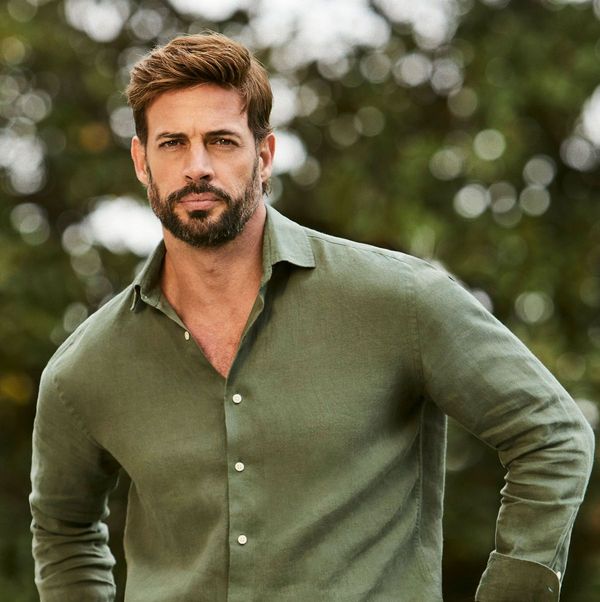
Schools must be given clearer guidance on how to handle peer-on-peer sexual abuse among pupils, charities have demanded.
Rape Crisis and other charities wrote to England’s education secretary Bridget Phillipson and Jess Phillips, the safeguarding minister, last week, calling on the government to step in with clearer statutory guidance on how schools in England and Wales should address sexual violence when both the victim and the alleged perpetrator are pupils.
The letter said many victims were “failed” and “retraumatised” by schools, which often interpreted the police not pursuing a conviction as “cause to simply go back to normal”.
The charities warn that peer-on-peer abuse is increasingly widespread and is affecting younger children, including in primary schools, in part due to the prevalence of online pornography. They believe serious assaults are being mischaracterised by some schools as “exploratory play” or “age-related exploration”.
An inquiry by MPs in 2016 found that 600 rapes had been reported in schools over a three-year period.
In 2021, the campaign group Everyone’s Invited collected thousands of testimonies of abuse in UK schools, while the same year Ofsted said that sexual harassment had now become such a routine part of school life that schoolchildren often didn’t bother reporting it.
Ciara Bergman, chief executive of Rape Crisis, said: “It needs to be made clear that children who have been sexually assaulted or abused at school are entitled to a supportive response from their school, irrespective of any criminal justice processes.”
She added: “No form of play should ever be harmful to a child. Dismissing sexual abuse in this way represents a misunderstanding of the nature and impact of peer-on-peer sexual abuse.”
Last year, Gemma*, from London, was deeply shocked when her eight-year-old son disclosed that a nine-year-old male classmate had assaulted him. “He was upset and terrified,” she said. “The other boy had told him not to say anything.”
When Gemma spoke to her son’s headteacher, she felt the school was “trying to minimise” what had happened. The headteacher told her not to worry, because the school was “very good at dealing with relationship difficulties”.
Gemma said: “I told her: ‘That isn’t what this is. It is sexual assault.’”
The school gave her son a safety plan in which he was asked to come in 20 minutes early and leave by a different door to avoid contact with the boy. “It was a complete joke. The plan basically sanctioned my son,” Gemma said.
Gemma took her son out of the school. Since he left, a girl at the school has reported sexual assault by the same boy.
Maggie*, from Rochdale, told the Observer that, six months ago her nine-year-old autistic daughter was asked by her school’s headteacher to “hug or shake hands” with a classmate who she said had sexually assaulted her.
“The written statement from the school confirmed that the other child had admitted touching my daughter and threatened that they would punch her in the face if she told any teachers,” she said.
Andrew Lord, a solicitor at the law firm Leigh Day who co-signed last week’s letter to ministers, said there is often “real shock” in primary schools when a young pupil makes a disclosure of assault.
Lord said he has sympathy for schools, which he said are walking a difficult line trying to support both pupils. But he said he often works with “despairing families” who have been “left to deal with their child’s traumatic disclosure on their own or placed on a long waiting list for mental health support”.
Paul Whiteman, general secretary of the National Association of Head Teachers union, said schools played a “vital role in preventing harmful and concerning sexual behaviours as well as dealing with incidents when they occur”.
Whiteman backed calls for the existing government guidance on these issues to be reviewed regularly, adding that school staff also needed “high-quality, funded training” and “sufficient support services to turn to for advice”.
A Department for Education spokesperson said: “All sexual abuse is abhorrent, and this government is determined to root it out as part of its mission to halve violence against women and girls within a decade.
“Every pupil should feel safe and protected at school, and it’s essential that any allegations of sexual abuse are dealt with sensitively and properly.
“We have robust statutory safeguarding guidance in place that schools must follow to keep children safe from abuse and harassment, as well as guidance and support for schools to create strong behaviour expectations, to make clear sexually abusive language or behaviour are never acceptable.”
*Names have been changed







